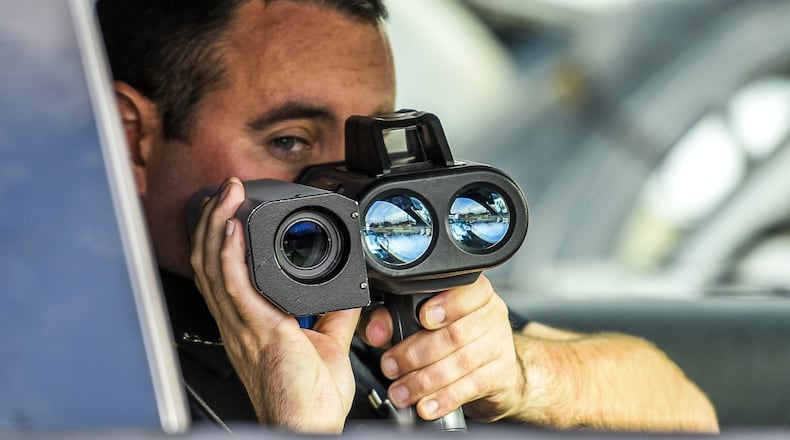“Injunctive relief will allow New Miami to serve the public interest by continuing its Photo Enforcement Program that reduces costs, potential of physical injury and disruption to the residents of New Miami caused by motor vehicle accidents and promotes compliance with traffic laws,” Adams wrote.
Toledo recently won a preliminary injunction temporarily blocking the new state speed catcher laws. New Miami paused its speed camera program after the new laws took effect and would also need an injunction to resume operating their cameras.
When the new state transportation bill passed, it reduced the amount of state financial aid local jurisdictions receive by the amount they collect annually in speed camera ticket revenue. It also mandated the courts handle speed camera citations as civil proceedings that include court fees and costs.
Adams’ main argument was the state can’t violate home rule.
“The general assembly properly exercised its constitutional authority to regulate the jurisdictions of lower courts and provide for their financial maintenance when it enacted these provisions,” Halli Brownfield Watson wrote in the state’s brief. “The village has no home-rule right to continue ‘administrative’ processes the general assembly has determined belong in state courts.”
She also argued the state can spend its money any way it wishes.
“The general assembly exercised its constitutional duty and right to pass laws authorizing the disbursement of state money for specific purposes and on specific conditions when it enacted the law the village challenges here,” she wrote.
The village has collected $1.76 million under the new program that started in 2016 but only received $52,448 in local government funds from the state last year.
The law took effect in July, and the village paused its program. The bigger financial issue is the court costs.
Hamilton Municipal Court Clerk Michelle Deaton said the civil filing fee is $85, and there could be other costs. The New Miami speeding tickets were $95.
However, the village only keeps 64 percent of the fine collections, so for the 2,888 tickets paid this year through June — if the law had been in effect all that time — the village would have had to pay the court at least $245,480 and only collected $175,635.
Watson pointed out a temporary restraining order is unnecessary in this case since the local government funds won’t be withheld until 2020. She also chided New Miami for waiting so long to file suit, since the bill was passed in April and enacted two months ago saying it “undermines any claim that it needs relief immediately.”
When the law passed New Miami Mayor Bob Henley told the Journal-News the village would be on the side lines.
“I know there is a couple of the cities, the bigger cities that can afford to fight it, so my thought is I’ll let the big people fight it and we’ll do what we do,” Henley said. “They got a hell of a lot more money than we do to fight this.”
After the city of Dayton won a temporary restraining order — that order has expired and the injunction motion is pending — the village council agreed to file its own lawsuit.
About the Author
